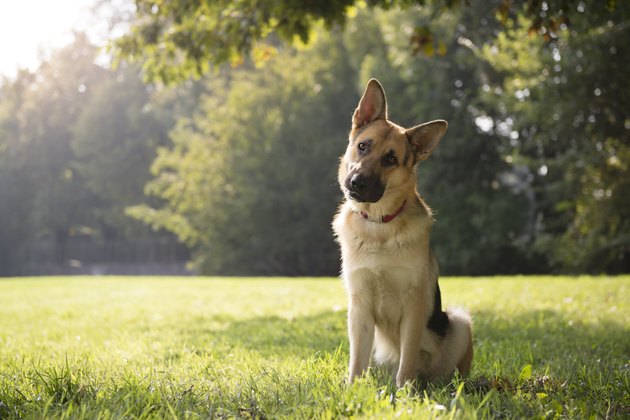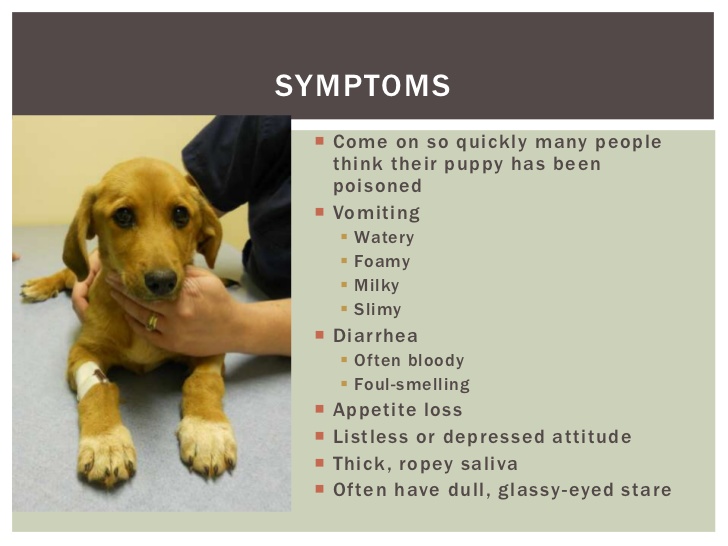Parvo Symptoms

Parvo symptoms can vary from one dog to the next, but most will show similar symptoms in some form or another. However, even the slightest parties symptoms can be fatal, so the sooner you can identify them the better
While many parties symptoms are common in other animals, these symptoms should never be mistaken for those of larvae in dogs. If your dog exhibits parties symptoms, the best signs to look for are mild fever and vomiting, but fever and vomiting aren't always obvious to dog owners.
Parvo symptoms are very common in older and younger dogs. Most dogs experience stomach upset, diarrhea, vomiting, and abdominal pain. Many dogs also show signs of vomiting and stomach bleeding.
If you have ever suffered from any type of food allergy, or if you have had any type of allergy in the past, it is very possible that your dog has Parvi. Food allergies are triggered by toxins from the food, and while a vet can treat parties, many dogs are unable to cope with symptoms or live after treatment.
The most common symptoms of partying include increased appetite, which may not lead to increased food intake, as well as vomiting and diarrhea. In older dogs, heart failure can also be a symptom. Older dogs tend to suffer less from diarrhea, but vomiting can lead to intestinal obstruction and dehydration. This is especially true for older dogs with heart failure, which can cause dehydration in pets.
While there are many different causes of parvia symptoms, one common cause is flea and tick infestation. This can be avoided by combing your pet thoroughly and monitoring fleas regularly.
Another common symptom of Parvi is dehydration. Dehydration can occur when parties find it difficult to maintain proper body temperature. They urinate and defecate frequently, and stools may have an unpleasant odor. They can also lose weight, so if you notice unusual weight loss, you can check to see if it is due to dehydration.

Dog owners should also watch for signs of infection and fever. If your dog shows signs of nausea, vomiting, and diarrhea, you should see your veterinarian. Be sure to bring your dog to the vet if you suspect this is a sign of a serious illness, as untreated larvae can be very fatal.
If you feel like your dog is exhibiting severe signs of parvie, the best thing to do is to get your dog to the vet as quickly as possible. If the symptoms don't improve with treatments, you should take the dog to the vet for an immediate trip to the emergency room. The vet will first assess the situation and perform a blood test to rule out any underlying medical conditions, and then decide whether or not your dog needs immediate medical attention.
There are a number of treatments available for dogs suffering from severe parties symptoms. Your veterinarian can prescribe medications to treat the dehydration and vomiting and to help maintain a proper body temperature. Your vet may also advise you to stop giving your dog parade medication and recommend an alternative remedy.
An alternative remedy may be available that's designed to cure the bacteria or the parasites. This is sometimes a better alternative to medications, because the treatment does not require the use of antibiotics, and because the medications often have fewer side effects.
Natural remedies can work in conjunction with medications, if they're used in combination with a healthy diet and regular bathing. Be sure to consult your veterinarian to determine the best course of action.
Another thing to consider is that many dogs are actually able to recover completely from parvie and only need small doses of medications to prevent recurrence, and to promote the health of their dog's diet. A change in diet and the right amount of exercise can be all that's necessary. Keep in mind that even small doses of medication can cause significant side effects, however, so your vet should discuss this with you.